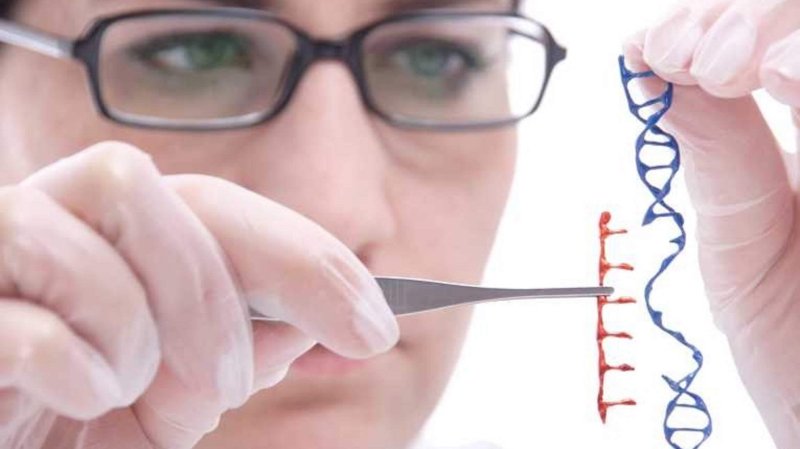The GLP aggregated and excerpted this blog/article to reflect the diversity of news, opinion and analysis.
Paul Knoepfler is not a scientist given to alarmism, but it’s pretty clear from his informative new book that the Brave New World is already upon us.
GMO Sapiens: the Life-Changing Science of Designer Babies provides a comprehensive overview of genetic modification, and what headline-grabbing breakthroughs we can expect in the very near future, perhaps in less than a year.
Genetically modified human embryos are likely to be implanted and brought to term in the U.K., where three-parent IVF has been approved. This is a limited form of genetic manipulation, aimed to help couples where the mother would pass on certain diseases due to faulty genes in the mitochondria, the cell’s energy centers. In the process, the nucleus of the mother’s egg cell is transferred to replace the nucleus of a donor whose own egg cells contain healthy mitochondria. In this way the couple can avoid passing on the mother’s disease bearing genes.
Cloning is in the wings, now that somatic cell nuclear transfer (SCNT) has been successfully achieved using human embryos. And while most countries have outlawed reproductive cloning, the practice of generating patient-specific human embryonic stem cells using SCNT will also likely be approved and carried out in China within a few years, if not sooner.
Read full, original post: How Brave New World Is Sneaking Up On Us































